Disclosure: This article contains affiliate links. We may earn a commission from purchases at no extra cost to you, which helps our travel content.
Standing on the crumbling balcony of Pousada de Baucau, I watched as the sunrise painted East Timor's coastline in hues of amber and gold. The Portuguese colonial architecture beneath my feet told stories of a complex past, while the Banda Sea stretched endlessly before me. Having spent years documenting how built environments interact with natural landscapes, I found myself drawn to Baucau's raw authenticity – a place where colonial remnants, traditional Timorese culture, and breathtaking natural beauty converge in surprising harmony. This overlooked destination offers a rare glimpse into a society rebuilding itself after decades of conflict, with a resilience that's both humbling and inspiring. And the best part? You can experience it all on just $30 a day. After visiting over 60 countries across six continents, I can confidently say that Baucau represents one of travel's last true frontiers – challenging, rewarding, and remarkably affordable for the intrepid soul willing to venture beyond the guidebook.
Understanding Baucau's Layered History
Baucau exists in layers – Portuguese colonial architecture slowly being reclaimed by tropical vegetation, Indonesian-era concrete structures bearing bullet holes, and traditional Timorese homes built with ancient techniques. As an interior designer, I'm fascinated by how these architectural periods tell the story of East Timor's tumultuous journey to independence.
The old town (Vila Antiga) serves as an open-air museum of Portuguese influence, with the crown jewel being Pousada de Baucau. This pink-hued hotel, built in 1959, once hosted dignitaries and colonial officials. Today, it operates with a certain faded grandeur that I found irresistibly atmospheric. For just $15-20 per night, you can stay in rooms that haven't changed much since Portuguese administrators walked these halls.
I spent hours wandering through the old market square, where crumbling administrative buildings stand as silent witnesses to history. The Municipal Market building particularly caught my eye – its modernist concrete forms showing how Portuguese architects adapted their European sensibilities to a tropical climate decades before sustainability became fashionable.
Wandering through these spaces, I couldn't help but draw parallels to the repurposed industrial spaces I used to design in California, where history and functionality merged to create something new. Here in Baucau, that process is happening organically, without designers or developers – just people making use of what remains, layer upon historical layer.
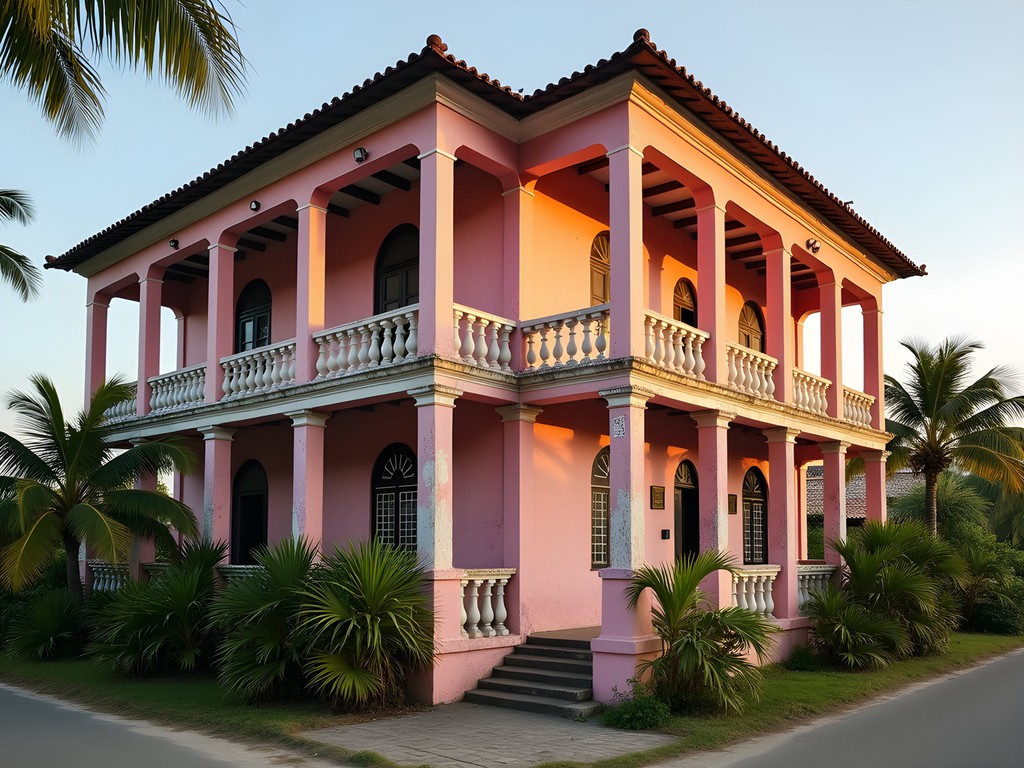
💡 Pro Tips
- Visit the old Portuguese market early morning when local vendors sell produce
- The Pousada de Baucau's restaurant offers a glimpse into colonial-era dining at reasonable prices
- Look for the old Portuguese water supply system – an engineering marvel still partially functioning
Budget Accommodation & Transportation Strategies
Baucau offers limited but fascinating accommodation options that won't strain your budget. Beyond the historical Pousada de Baucau ($15-20/night), I discovered several family-run guesthouses in both the old and new towns. My personal recommendation is Tato Toti Guesthouse in the new town, where $10 gets you a clean room, cold shower, and breakfast. The owner, Antonio, offers invaluable local knowledge and can arrange motorcycle rentals.
Speaking of which, transportation in Baucau requires some adaptability. The town sprawls between the old colonial center and the newer market areas, with significant elevation changes. After trying various options, I found renting a motorcycle for $8-10 daily provided the best value and freedom to explore. Pack your compact daypack with essentials, as you'll want to stay mobile.
For those preferring public transport, the ubiquitous mikrolets (minivans) connect different parts of town for about 25 cents per ride. They're crowded but offer an authentic glimpse into local life. For longer trips to nearby attractions like Venilale or Com Beach, shared taxis depart from the main market when full, typically costing $2-5 depending on distance.
If you're traveling between Dili and Baucau, the large yellow buses offer the best value at $3-4 for the 4-5 hour journey. Prepare yourself for a bumpy ride along coastal roads that alternate between breathtaking views and heart-stopping drops. During my journey, I used my travel pillow to maintain some comfort during the bumpy ride – a worthwhile investment for East Timor's developing road network.
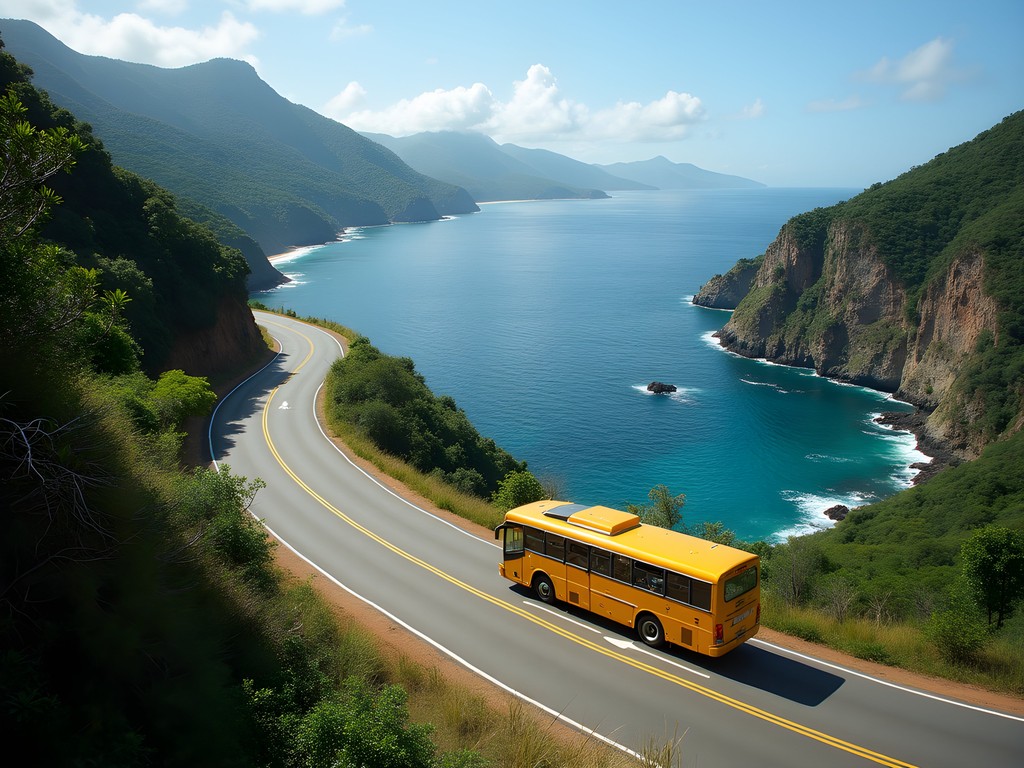
💡 Pro Tips
- Negotiate motorcycle rental prices – start at $6/day and settle around $8
- Always carry small USD bills or local currency as ATMs are unreliable
- For longer journeys, secure a seat by the window for better air circulation and views
Local Cuisine & Budget Eating Guide
East Timorese cuisine reflects the nation's complex history – Portuguese influences blend with Indonesian flavors and indigenous cooking techniques. In Baucau, eating well on a budget isn't just possible; it's inevitable.
The new town's market area hosts several warungs (simple eateries) serving daily specials for $2-3. My regular haunt became Warung Mina, where $2.50 bought a plate of ikan pepes (fish steamed in banana leaves) with rice and vegetables. The Indonesian influence is strong here, with tempe, tofu, and sambal featuring prominently.
For breakfast, local bakeries sell Portuguese-style bread and pastries for mere cents. I'd often grab a coffee and bread for under $1 at the small shops near the old market. Timorese coffee deserves special mention – grown in the highlands and typically served strong and sweet, it rivals specialty coffees I've paid five times more for in the UK.
The most authentic culinary experience came when I was invited to a local home for dinner. Timorese hospitality means you might receive similar invitations; always bring a small gift if this happens. We ate batar da'an (corn and pumpkin stew) and dried fish while sitting on mats – a humbling reminder of how shared meals transcend language barriers.
Street food appears in the evenings around the new town's main intersection. Grilled corn, banana fritters, and skewered meat cost between 25-50 cents per portion. I carried my reusable cutlery set to minimize plastic waste while enjoying these roadside treats – a small effort toward sustainable travel in a country already struggling with waste management.
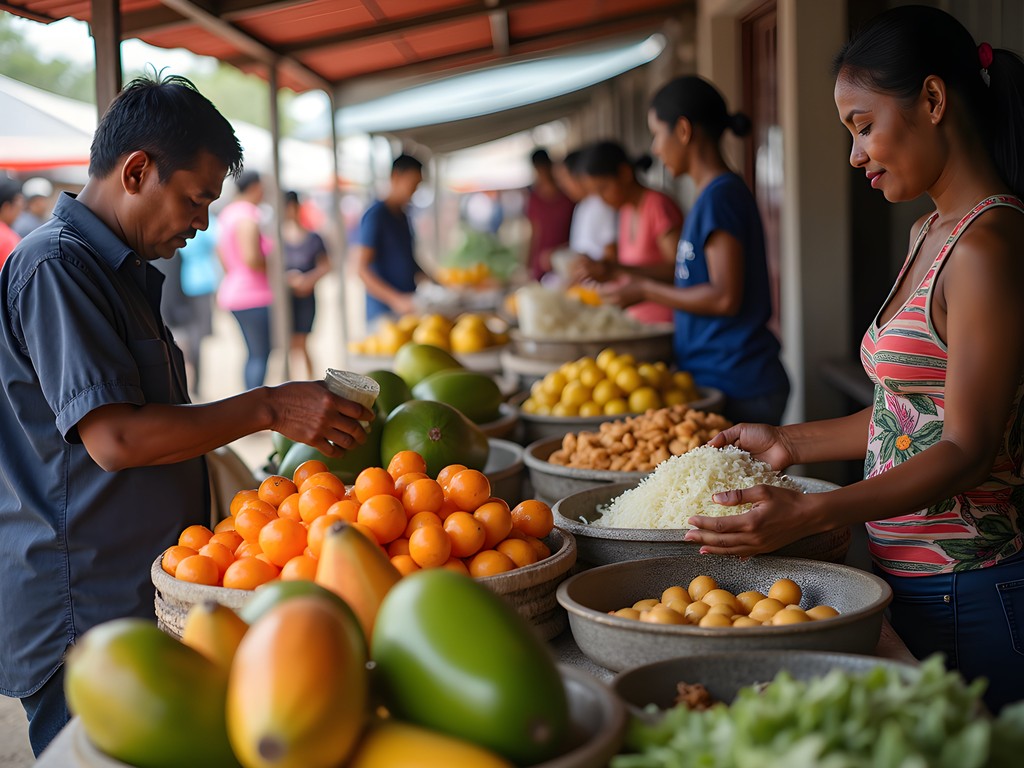
💡 Pro Tips
- Eat where locals gather – busy warungs typically offer the freshest food
- The morning market sells tropical fruits at bargain prices – perfect for breakfast
- Always purify tap water or buy bottled water to avoid illness
Natural Wonders & Sacred Spaces
Baucau sits at a fascinating ecological crossroads where mountains meet sea, creating microclimates that support diverse ecosystems within short distances. This natural diversity complements the cultural layers, offering budget travelers extraordinary experiences that cost little more than the effort to reach them.
Watabo Beach, just 7km from town, became my sanctuary. Unlike Bali's commercialized shores, this pristine stretch of sand and volcanic pebbles remains largely untouched. Local fishermen launch traditional outriggers from shore, and for $5-10, you can join them for a morning fishing trip. I spent a meditative afternoon photographing the contrast between black volcanic stones and crystalline waters, reminded of similar geological formations I'd seen in Iceland at ten times the cost.
Inland from Baucau, the karst landscape creates a network of caves with cultural significance. Loi Hunu Cave, accessible via a 30-minute hike from the main road, served as both natural shelter and sacred space during East Timor's struggle for independence. A local guide (recommended, $5-10) explained how resistance fighters used these caves, pointing out ancient rock paintings alongside modern political graffiti – layers of history etched quite literally in stone.
The sacred springs of Wai-Lia represent Baucau's spiritual heart. This ancient water system predates colonial influence, with a series of pools and channels considered sacred by local animist traditions. Later incorporated into Portuguese infrastructure, today it reflects the syncretic nature of Timorese spirituality. Visiting at dawn, I witnessed elders performing subtle rituals that honored both Catholic saints and indigenous spirits – a powerful reminder of how sacred spaces adapt while maintaining their essence.
For hiking enthusiasts, the trails into the foothills above Baucau offer rewarding day treks. My hiking sandals proved perfect for crossing streams and navigating muddy paths while exploring these elevations. The panoramic views of coastline and terraced hillsides were well worth the effort.
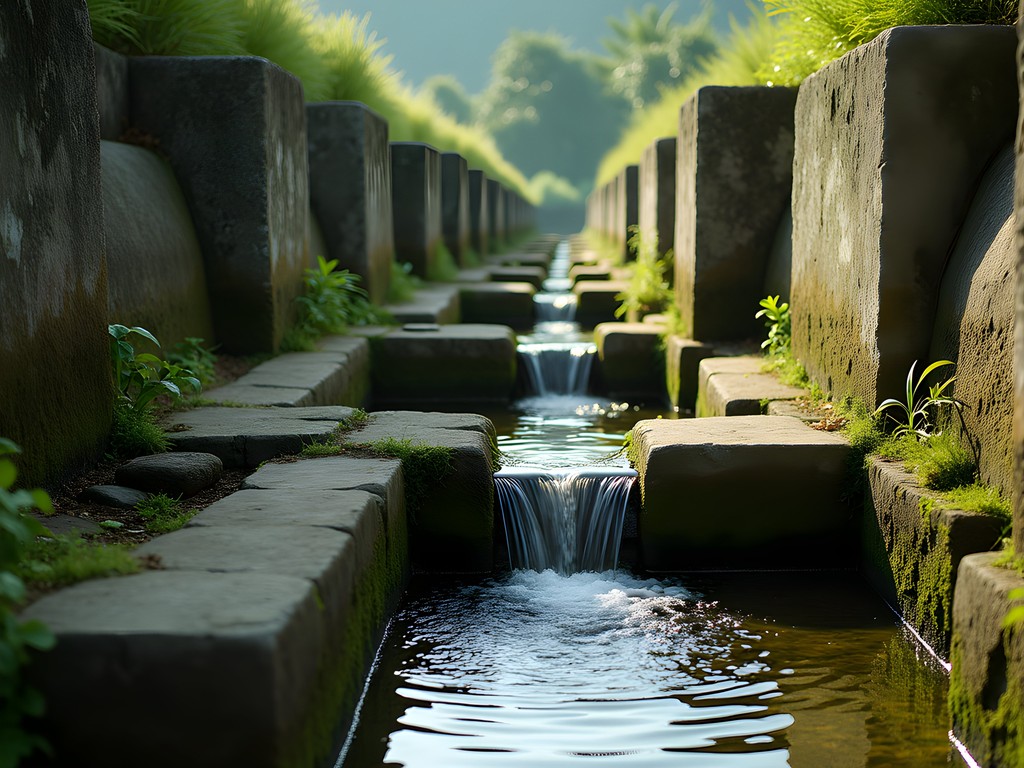
💡 Pro Tips
- Visit Wai-Lia springs early morning to witness traditional practices
- Hire local guides for cave explorations – they're affordable and provide cultural context
- Pack reef shoes for Watabo Beach as volcanic rocks can be sharp
Cultural Immersion & Community Tourism
The true wealth of Baucau lies in its people and their willingness to share their culture with respectful visitors. Despite – or perhaps because of – East Timor's difficult path to independence, I found Timorese people extraordinarily welcoming to foreigners interested in authentic cultural exchange.
The Baucau Cultural Center, operated by a local NGO, offers traditional weaving demonstrations where you can watch artisans create tais, the intricate textiles that tell stories through pattern and color. For $10-15, you can participate in a basic weaving workshop, learning techniques passed through generations. These textiles make meaningful souvenirs while supporting local artisans directly.
In the villages surrounding Baucau, community-based tourism initiatives are emerging. In Buruma village, I participated in a traditional cooking class ($5) where we prepared foods in an earth oven similar to methods I've seen in the American Southwest and Pacific Islands – a fascinating example of how indigenous techniques evolve similarly across continents.
Religious celebrations offer windows into Timorese spirituality. During my visit, I witnessed a procession blending Catholic imagery with animist traditions – statues of saints adorned with ancestral symbols and natural elements. Always ask permission before photographing ceremonies, and consider making a small donation to the church or community fund.
The most meaningful experiences often come unplanned. While sketching architectural details in the old town, I was invited to join a group of elders drinking coffee in a courtyard. Using my limited Tetum phrases and their fragmented English and Portuguese, we communicated through drawings and gestures about the buildings around us. They shared stories of Baucau's transformation through colonial periods, occupation, and independence – oral history that no guidebook could provide.
These interactions cost nothing but time and openness, yet they provide the richest understanding of place. As an interior designer accustomed to reading spaces, I found that in Baucau, the people themselves are the most eloquent interpreters of their environment.
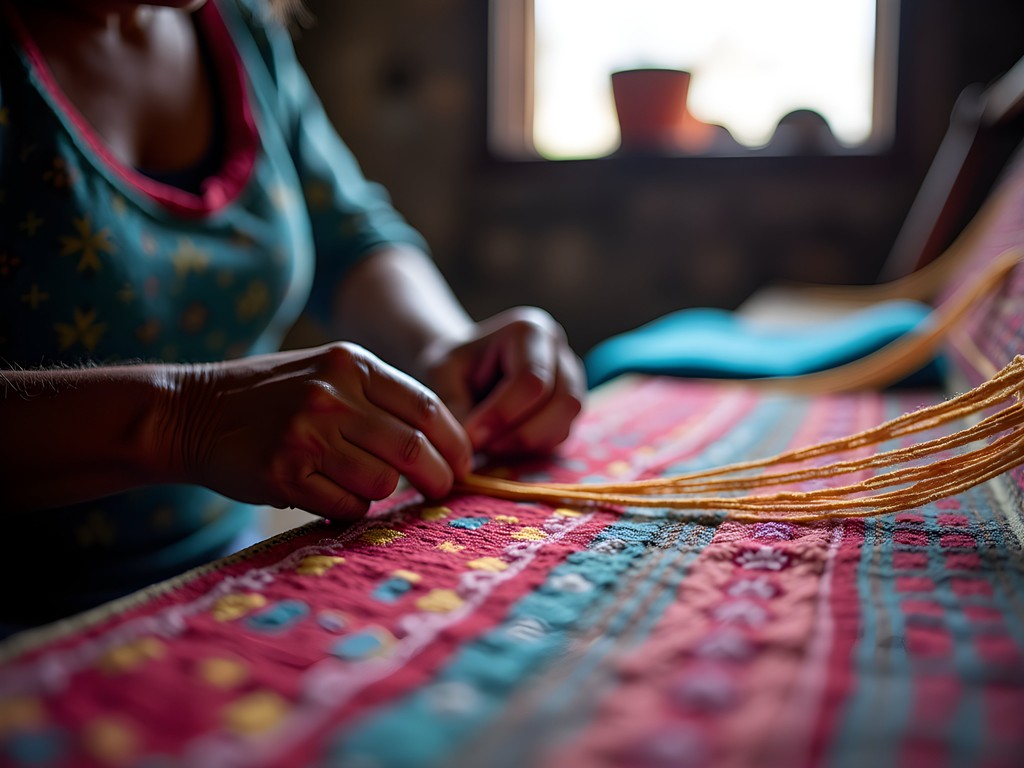
💡 Pro Tips
- Learn basic Tetum phrases – even simple greetings open doors to meaningful interactions
- Always ask before photographing people, especially in rural areas
- Bring small gifts like photos from your home country to share with those you meet
Final Thoughts
As I boarded the yellow bus back to Dili, watching Baucau's limestone cliffs recede in the distance, I reflected on how this overlooked corner of Southeast Asia had affected me. In a world where travel increasingly means following influencer trails to photogenic hotspots, Baucau offers something increasingly rare – an unfiltered experience of a place still writing its own story. The layers of architecture that first drew my designer's eye became metaphors for something deeper: resilience, adaptation, and the human capacity to build beauty from difficult circumstances. East Timor may be Asia's youngest nation, but it holds ancient wisdom about sustainability, community, and finding harmony between built and natural environments. For the budget traveler willing to venture beyond comfort zones, Baucau rewards with experiences no amount of money could buy elsewhere. This isn't easy travel, but it's travel that matters – both to you and to the communities you engage with. When will you discover Baucau?
✨ Key Takeaways
- Baucau offers authentic cultural experiences at a fraction of the cost of mainstream Southeast Asian destinations
- The layered colonial and indigenous architecture provides unique insights into East Timor's complex history
- Community-based tourism initiatives provide meaningful ways to support local development
- With careful planning, $30/day comfortably covers accommodation, food, transportation and activities
📋 Practical Information
Best Time to Visit
May-November (dry season)
Budget Estimate
$25-35 per day
Recommended Duration
3-5 days
Difficulty Level
Challenging

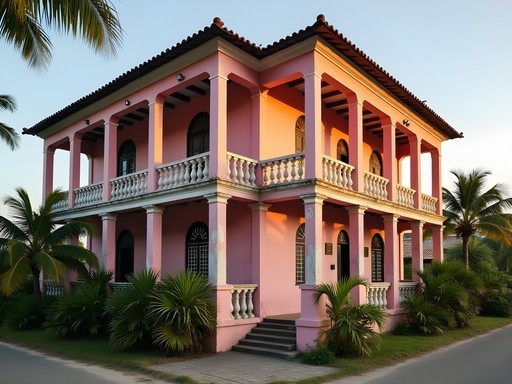
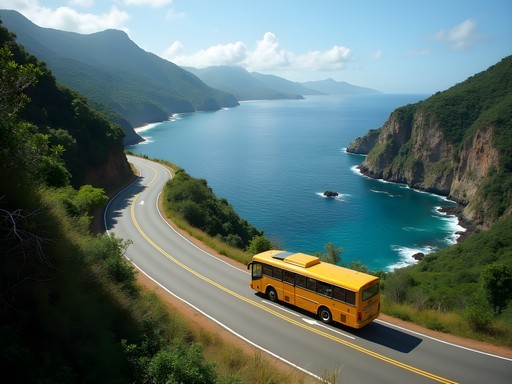
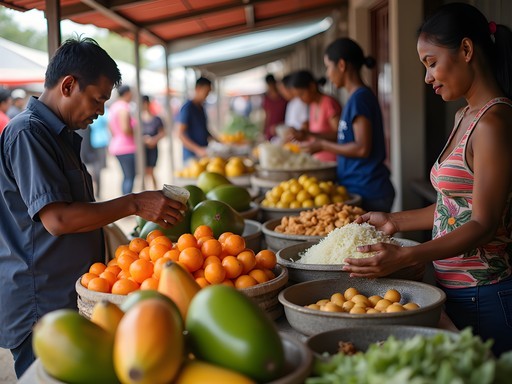
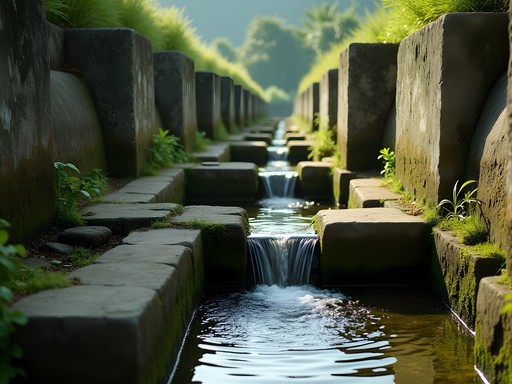
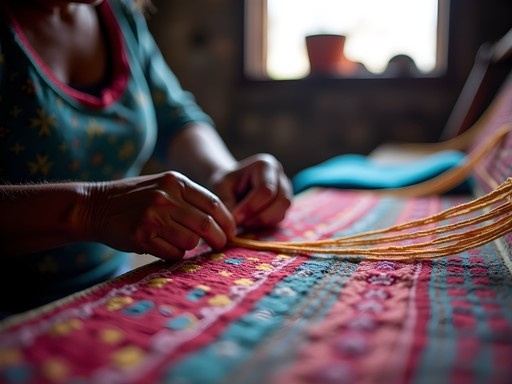


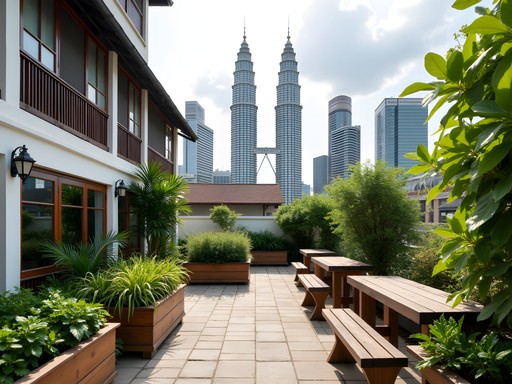
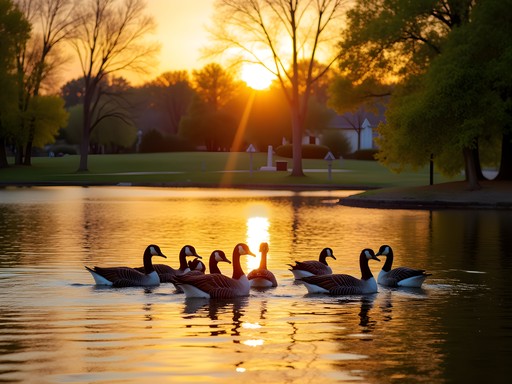
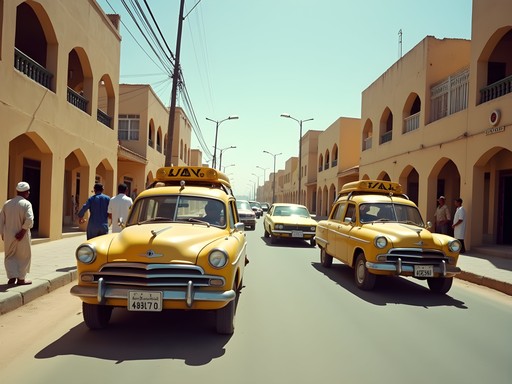
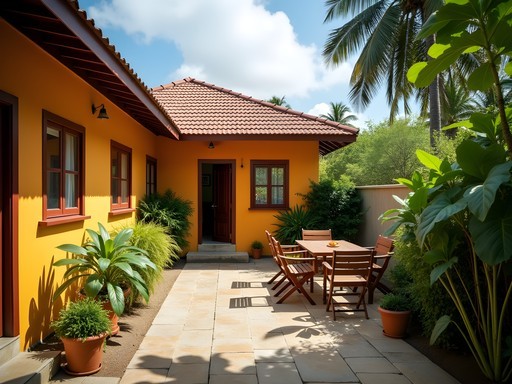
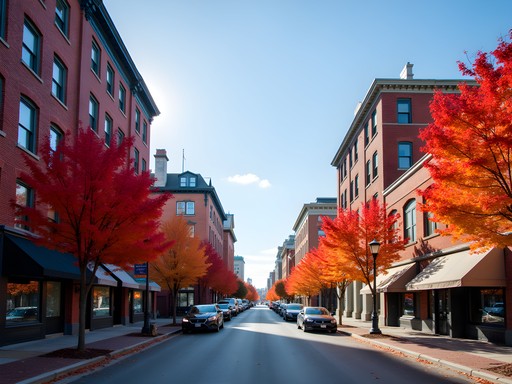
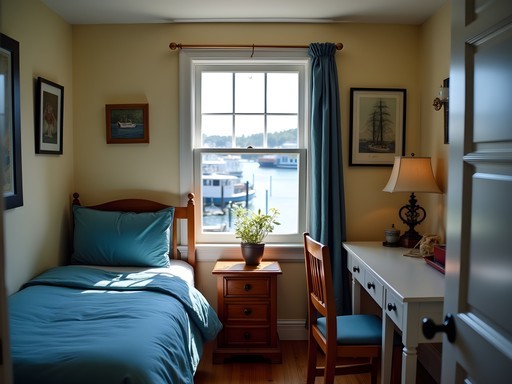
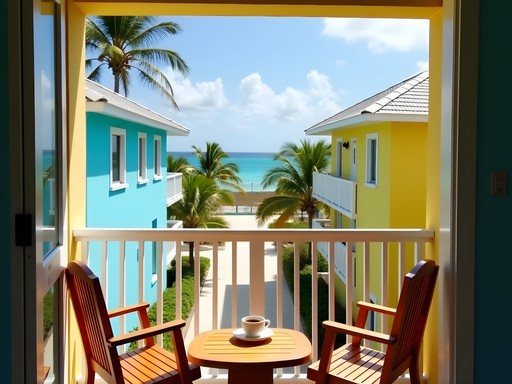
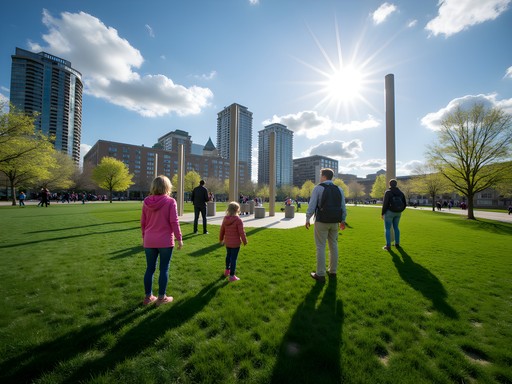
Comments
Savannah Torres
What a beautiful piece, Brandon! East Timor doesn't get nearly enough attention. We visited with our kids (ages 8 and 11) last year and Baucau was the highlight. The locals were so welcoming to our family - our daughter still talks about the grandmother who taught her to weave at the market. One thing for families considering this: the accommodations are basic but clean, and our kids actually loved the adventure of it. The natural pools near Baucau were perfect for swimming with children, much calmer than some of the beaches. It's not your typical family destination, but that's exactly what made it special.
Jean Wells
Excellent breakdown of Baucau's budget options, Brandon. I visited last September during the tail end of rainy season and found the Pousada even more atmospheric with fewer tourists. One additional tip: the local market near the old cinema opens at 5am and you can get fresh papaya and coffee for under $2. Also worth noting that some guesthouses in the Portuguese quarter offer weekly rates around $120 if you're planning an extended stay. The limestone caves you mentioned are truly underrated - I spent an entire afternoon exploring with a local guide I met at the market for just $15.
smartlife
The weekly rate sounds great! Do you remember which guesthouse?
Jean Wells
I stayed at Casa Antiga - run by a lovely Portuguese-Timorese family. Very basic but clean, and they have a beautiful courtyard. Book directly when you arrive rather than online for better rates.
smartlife
This looks amazing! How long did the bus from Dili actually take? Planning a trip soon.
Jean Wells
The bus journey typically takes 3-4 hours depending on road conditions. I'd recommend leaving early morning to maximize your time in Baucau. The coastal views along the way are spectacular.
smartlife
Perfect, thanks!
journeybuddy
Great post! I stayed at Pousada de Baucau too and it was such a vibe. Pro tip for anyone going - bring cash because ATMs can be unreliable outside Dili. I had my backup card which saved me when the main ATM was down for three days. Also the local coffee is INSANE. Buy some from the market to take home, it's like $3 for a huge bag.
Savannah Torres
The cash tip is so important! We learned that the hard way in rural areas.
Gregory Boyd
Excellent breakdown, Brandon. I visited Baucau in 2019 and your budget analysis aligns perfectly with my experience. One thing I'd add for readers: the transportation infrastructure has improved significantly since independence, but it's still worth building in extra time for journeys. The yellow buses are reliable but operate on 'Timor time.' I'd also recommend visiting during the dry season (May-November) as the roads can become quite challenging during heavy rains. The Portuguese colonial architecture you mentioned is genuinely remarkable - it's like stepping back in time, but with far fewer tourists than Goa or Macau.
explorelover
Quick question - do you need a visa in advance or can you get it on arrival? Planning a trip and trying to figure out the logistics!
oceanseeker7095
How's the diving/snorkeling around Baucau? I saw you mentioned the coastline but didn't see much about underwater stuff. Thinking of heading there in a few months and would love to know if it's worth bringing my gear.
cityexplorer
The diving is incredible!! Some of the best I've seen in Southeast Asia honestly. Way less crowded than Indonesia.
wanderexplorer
This looks amazing! Is it safe for solo travelers?
journeybuddy
Super safe! I traveled solo through East Timor and felt completely comfortable. People are really friendly and helpful.
cityexplorer
YES! Baucau is so underrated!! I was there last year and honestly can't believe more people don't talk about it. That sunrise from Pousada de Baucau is absolutely magical. The whole vibe of the town is just so chill and authentic. Did you make it to the old market? I spent hours just wandering around there talking to locals. Also totally agree on the $30/day budget - it's so doable if you eat local and take the yellow buses everywhere.
Gregory Boyd
The old market is excellent for understanding the local economy. Did you notice the interesting blend of Indonesian and Portuguese influences in the goods being sold? I found that particularly fascinating.
cityexplorer
Yes! The Portuguese coffee mixed with Indonesian spices was everywhere. Such a cool cultural mix.
beachzone
How did you handle the currency situation? Is USD widely accepted or did you need to exchange for local money? Planning a trip through Indonesia with a side trip to East Timor.
Brandon Marshall
USD is actually the official currency in East Timor! Bring smaller bills ($1, $5, $10) as change can be scarce. Some places might give change in centavos (their coins) but USD is what you'll use for everything.
beachzone
That makes things easier! Thanks!
Venture X
Premium card with 2X miles, $300 travel credit, Priority Pass